Jazz interview with jazz trumpeter Steph Richards. An interview by email in writing.
JazzBluesNews.com: – First let’s start with where you grew up, and what got you interested in music?
Steph Richards: – I grew up in the Canadian Rockies and was interested in music as long as I could possibly remember. At an early age I joined a Scottish pipe and drum clan with my father (I played tenor drum) and the groove and theatrics of my instrument was a huge influence on ideas I developed over time.
JBN: – How did your sound evolve over time? What did you do to find and develop your sound?
SR: – Regarding my sound, I’m always trying to play past the notes, to cut through the notes to find myself on the other side. I’m also trying to find myself deeper and deeper into time. Over time, in some ways I hear my sound and expression abstract while simultaneously becoming more simple and clear — cutting through the bullshit and the ideas I used to hide behind because I thought they were virtuosic or impressive. I’ve always tried to be as real as possible in my music but as I get older, what is real becomes more and more clear.
To find and develop my sound, I played with people who were better than me, that transported me and challenged me.
JBN: – What practice routine or exercise have you developed to maintain and improve your current musical ability especially pertaining to rhythm?
SR: – Amazing question. Again, it comes down to playing with other people (either live or with a recording). Pertaining to rhythm, I believe the most advancements I made were when I studied Ghanaean drumming with master drummer Alfred Ladzekpo.
JBN: – How to prevent disparate influences from coloring what you’re doing?
SR: – I embrace disparate influences – my body synthesizes the ideas for me. If I’m trying to prevent something from coloring what I’m doing, I have to leave that sonic space. You are what you eat – if you listen to garbage, it will come out in your sound. That being said, I try to listen to music and environments that challenge me, even if I don’t necessarily find it beautiful.
JBN: – How do you prepare before your performances to help you maintain both spiritual and musical stamina?
SR: – I need to be in shape and warmed up in order to play with abandon. Also, I don’t like to arrive too early, it tires me out before I need to play. And so, especially on the road, I’m mindful of sleeping and then before the show, my preferred routing is a hot shower, a slow warm up, a glass of wine and hit the stage.
There could be talk or advertising about your CD
JBN: – What’s the balance in music between intellect and soul?
SR: – When you’re on stage and in the moment, it can only be soul, there is no room for anything other.
JBN: – There’s a two-way relationship between audience and artist; you’re okay with giving the people what they want?
SR: – If I’m listening to the band, the room, the space, then everyone is influencing the sound. One thing I learned from playing with so many different artists in a variety of genres and venues is that you should never underestimate your audience, and that context is everything.
JBN: – Please any memories from gigs, jams, open acts and studio sessions which you’d like to share with us?
SR: – I remember a session with the great Henry Threadgill when, at the end, he pulled out his flute for the final epilogue of a huge piece and when he played it was like a force in the room. I’ve never felt the air move quite like that. Another moment that stays with me was sharing a bill with the Sun Ra Arekestra. I was standing offstage, watching the set and Marshall Allen did a cartwheel. It was such a musical act, I’ll never forget it.
JBN: – How can we get young people interested in jazz when most of the standard tunes are half a century old?
SR: – Perhaps we don’t play these standard tunes anymore. They’re only standard because institutions and academia have solidified this narrative. Jazz was never something you could put in a book, real or fake. As Bill Evans said, jazz is not a style, it’s a process. If we taught the process in school, if we played the process in clubs, if presenters booked artists that played the process of jazz, this music would be as alive and relevant as ever.
Interview by Simon Sargsyan

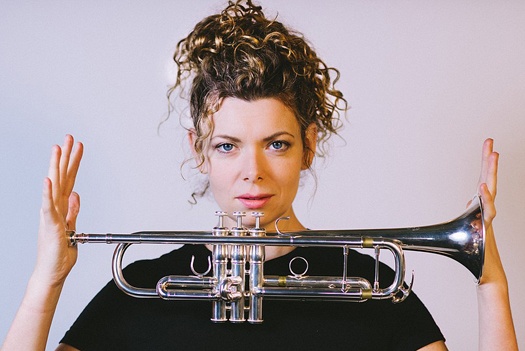
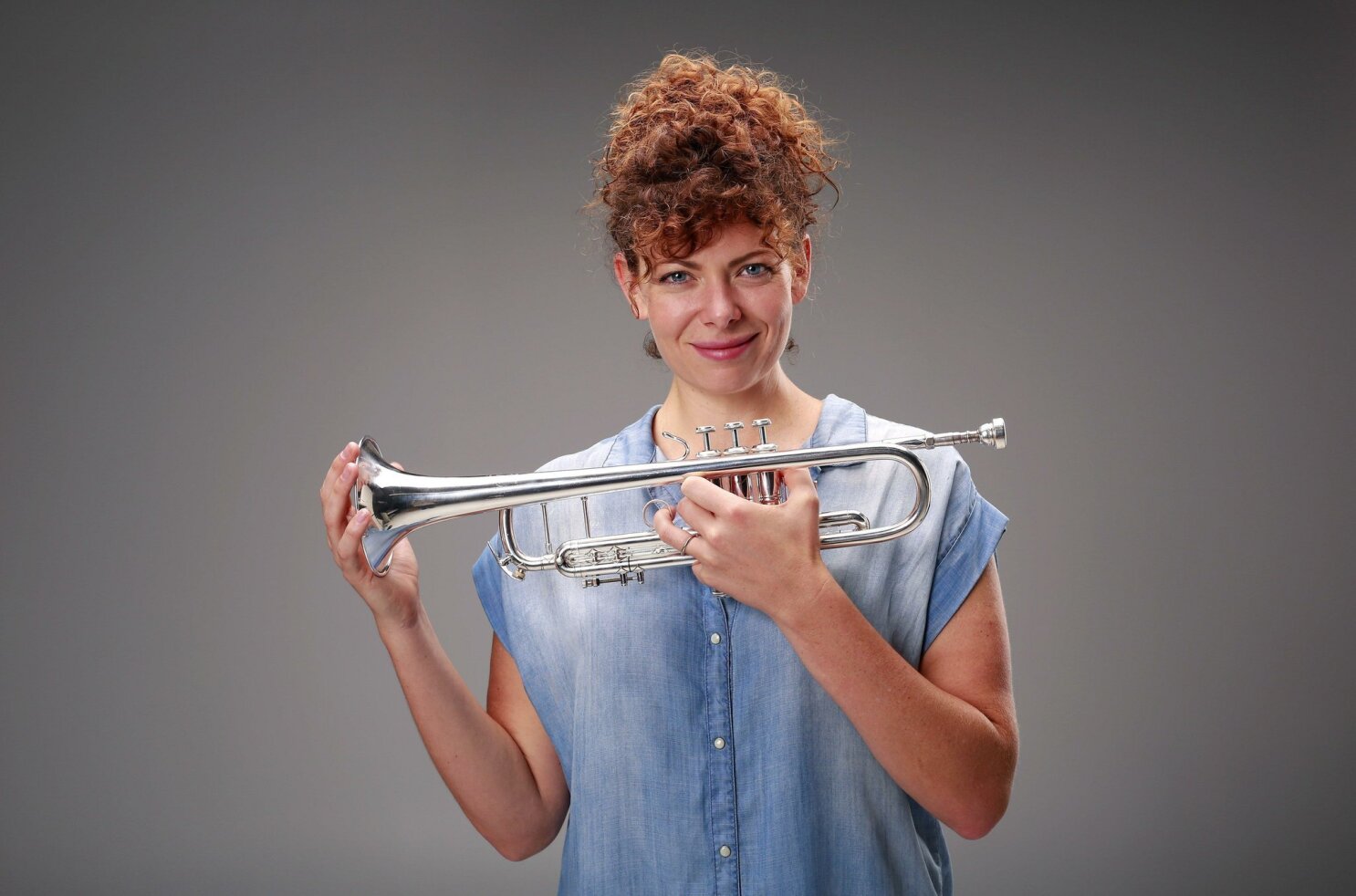
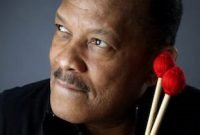
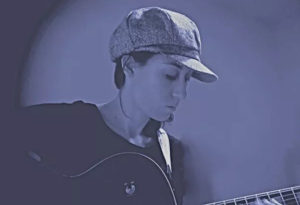
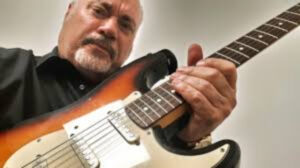

More Stories
Legendary vibraphonist, jazz-funk pioneer Roy Ayers dies at 84: Videos, Photos
CD review: Micaela Martini – Just Two For Tea – 2025: Video, CD cover
CD review։ Strat Andriotis – Exits – 2025: Video, CD cover